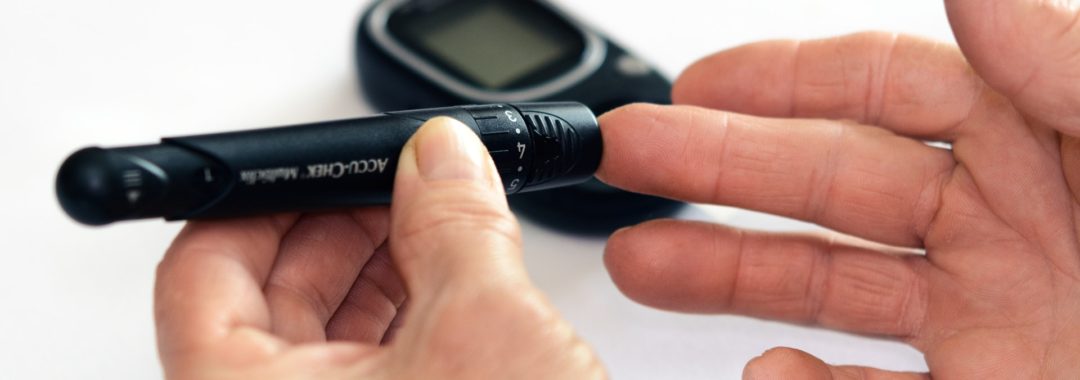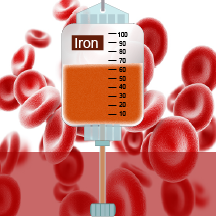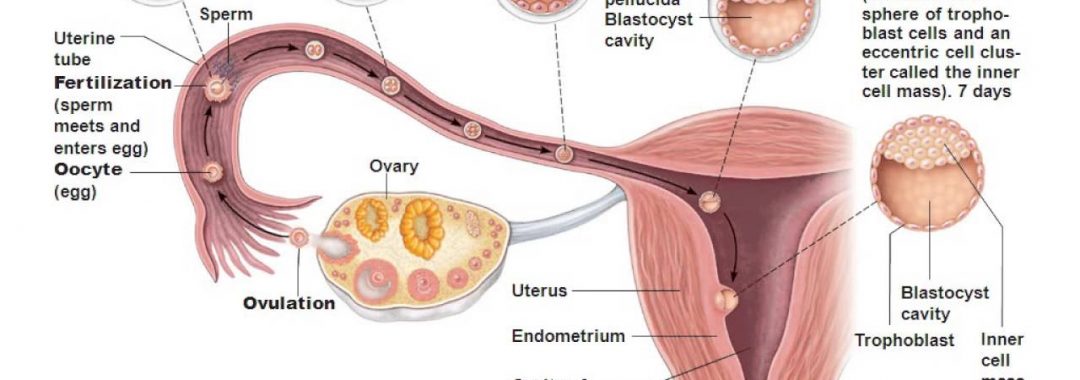Is it time you that you got your diet healthier to help assist you getting the baby you have been longing to have?
While eating a health diet isn’t going to be a miracle cure to having a baby, it may help you increase your fertility and chances of a healthy pregnancy.
Of course, there are so many other factors to fertility and proper evaluation and assessment is crucial, but research does show that by adherence to a healthy diet can increase pregnancy rates by up to 80%. (American Congress of Obstetricians and Gynecologists (ACOG) 61st Annual Clinical Meeting: Abstract 96. Presented May 6, 2013.) + (Fertil Steril. 2012;98[Suppl]:S47)
It is well known that healthy couples produce healthy sperm and healthy eggs and healthy parents produce healthy babies. A proper healthy diet may also help assist with gynaecological conditions as well, alongside medical management.
When I talk about diet, I am not talking about it in term of dieting. I am talking about it in terms of the proper way to way. Diet is such a crucial part of my fertility program that has helped with assisting over 12,500 babies into the world.
So many people neglect a healthy diet and don’t try hard enough to adhere to it. Preparation for falling pregnant is just as crucial as preparing for a marathon. If you don’t put in the work, nutrients and the training, you won’t make the distance, or get a result.
It is so sad seeing people go through cycle after cycle and not doing anything to change their diet and lifestyle and then getting a failed cycle time and time again.
Of course their can be other factors to take into consideration as I said before. But, you can’t go into a cycle, or try to fall naturally, if you not eating properly, or if you are overweight, or underweight for that matter.
Medically we know that the risk of miscarriage, preterm delivery, complication etc is high in women who are either under, or overweight. (Lifestyle management before fertility treatment -Obstetrics & Gynaecology 2007;110:1050-1058.)
So many people think they have a good diet, only to find out that what they have been taught is not right. It isn’t their fault. Some people really just do not know what a healthy diet its either.
A poor diet that is high in High GI Carbohydrates causes inflammation and this has a negative impact on fertility. Inflammation is causes by high sugars, which then spikes your insulin and this causes the inflammatory response. This may also affect hormones as well.
High inflammatory response then causes oxidation which may then affect your egg and sperm quality and this may then result in damage to the DNA of the sperm and egg.
As I shared before, a healthy diet is a big part of my fertility program and those on the program then know what a good diet is supposed to be like. Yet we see many ignoring it and wondering what has gone wrong, or what else they can do.
One of the answers is, be good with your diet!
Close enough is not good enough in this case. It is all or nothing, because this is so important. This is about having a baby. But, while having a baby is one thing, we also need people to realise that a healthy diet is also important for living a long and healthy life long after baby has arrived.
If you are overweight, you need to lose weight and if you are underweight you need to put some on. Many people are looking for miracles and go looking for an answer that doesn’t exist, or blame something else, when the fix may be as simple as adhering to a healthy eating regime.
Again, obviously diet is only a small piece of the puzzle when it comes to fertility, but it is an important one at that.
There is so much medical research out there showing that adhering to a low GI diet and the diet I promote at my clinic and for those of my fertility program
- The nurses study of 17,500 women showed that a diet with protein, full cream dairy, multivitamins and supplements, good fats etc increased fertility rates exponentially. (Journal of Obstetrics and Gynaecology, Nov 2007)
- Harvard medical schools study on 19,500 women showed that having full fat diary increased fertility while low fat dairy decreased it by 85 % and had an anovulatory effect. (Journal of Fertility and Sterility Feb 2008)
- A recent study in the Journal of Fertility and Sterility showed that diet increased embryo quality and pregnancy rates by as much as 80%. In a study presented at the American Society of Reproductive Medicine (ASRM) in 2012, IVF patients who switched to a low-carbohydrate, high-protein diet and then underwent another an IVF cycle increased their blastocyst formation rate from 19% to 45% and their clinical pregnancy rate from 17% to 83% (Fertil Steril. 2012;98[Suppl]:S47).
Even non-IVF patients with polycystic ovarian syndrome and endometriosis have improved pregnancy rates after making dietary and lifestyle changes.There are many other research papers out there showing this.
So if you are having failed cycle after failed cycle, or not being able to conceive naturally, you need to start looking at your diet and lifestyle as a major factor.
If you are overweight, or underweight, the same applies. An easy way to work out what weight should be (roughly), is take 100cms off your height and this will give you what you should be in body mass.
So if you are 165cms tall, then you should roughly be about 65kgs (give or take a few kilos).
All men should have a waist size of 94cm or below for good health, and all women should have a waist size of 80cms or below for good health. This is measured from the belly button around, not higher, or lower than this point.
If you are on my fertility program you should be doing this. If you aren’t and need assistance, then you can call my friendly staff and find out more about my fertility program.
I always tell my patients that the time for making excuses is over. If you do want to have this baby you have been longing to have, then you need to prepare the body as though you were about to train for a marathon. We always say that the ones that do everything right have a much higher chance of getting the results.
Is it time you got your diet and lifestyle back on track?
Take care
Regards
Andrew Orr
-No Stone Left Unturned
-Women’s and Men’s Health Advocate
-The International Fertility Experts











